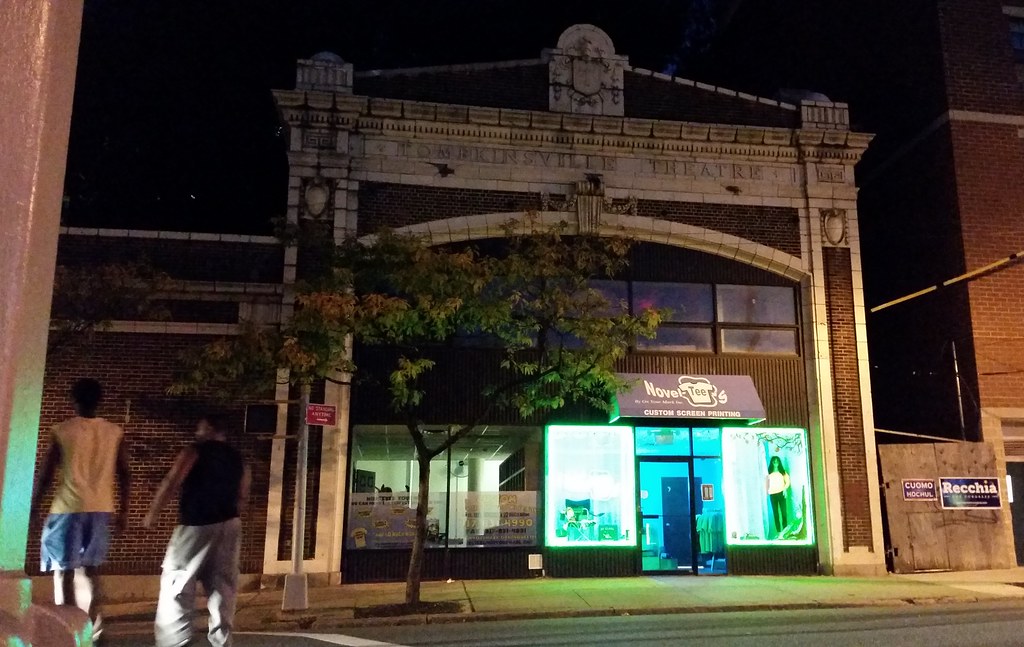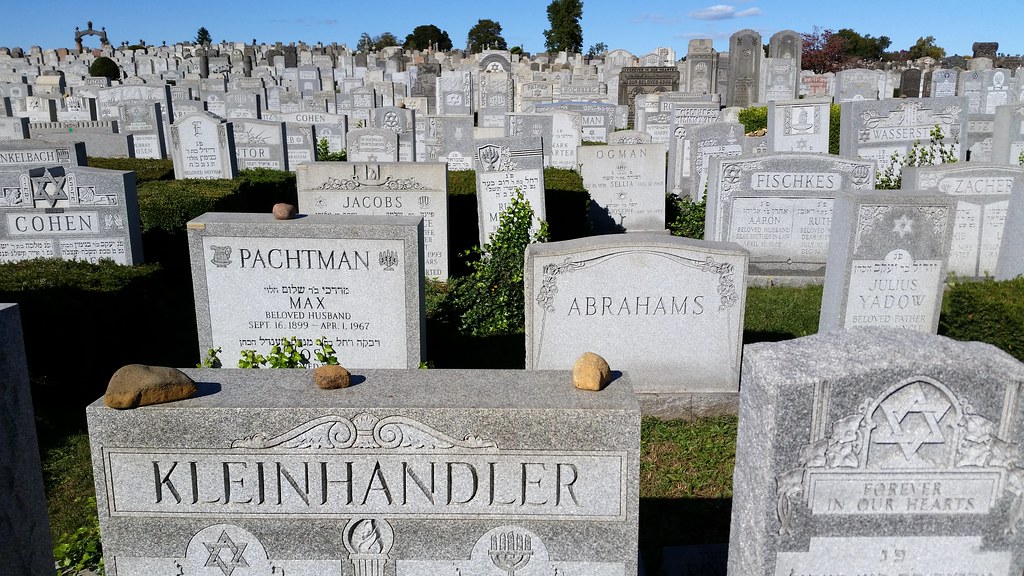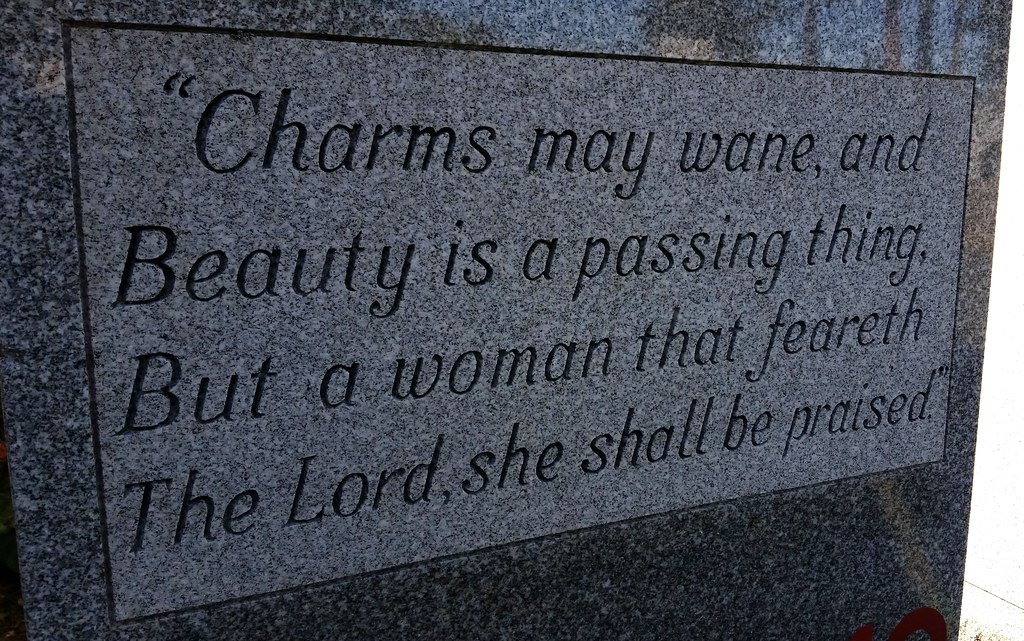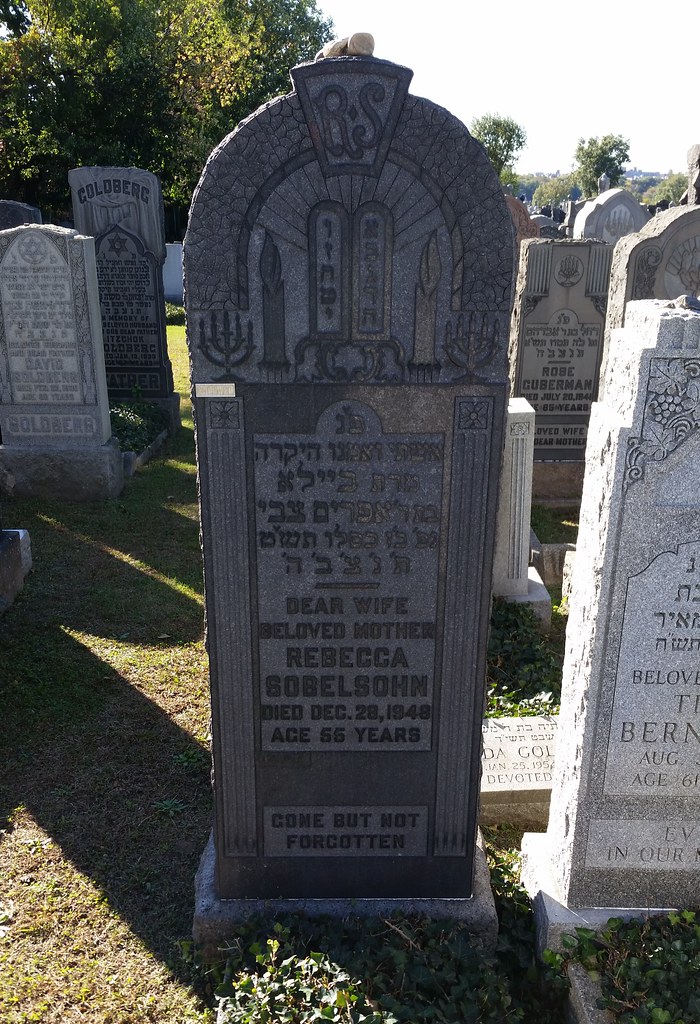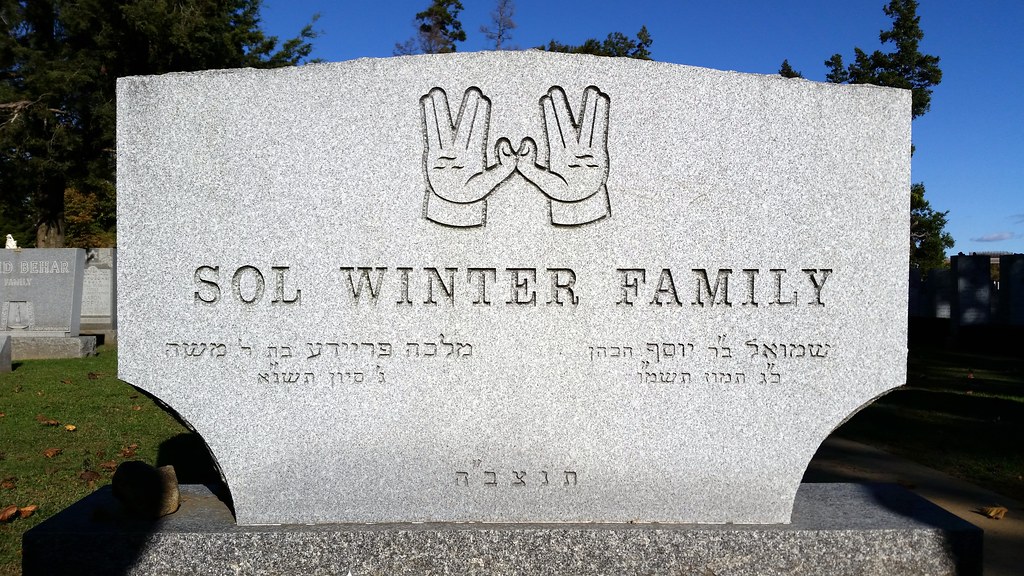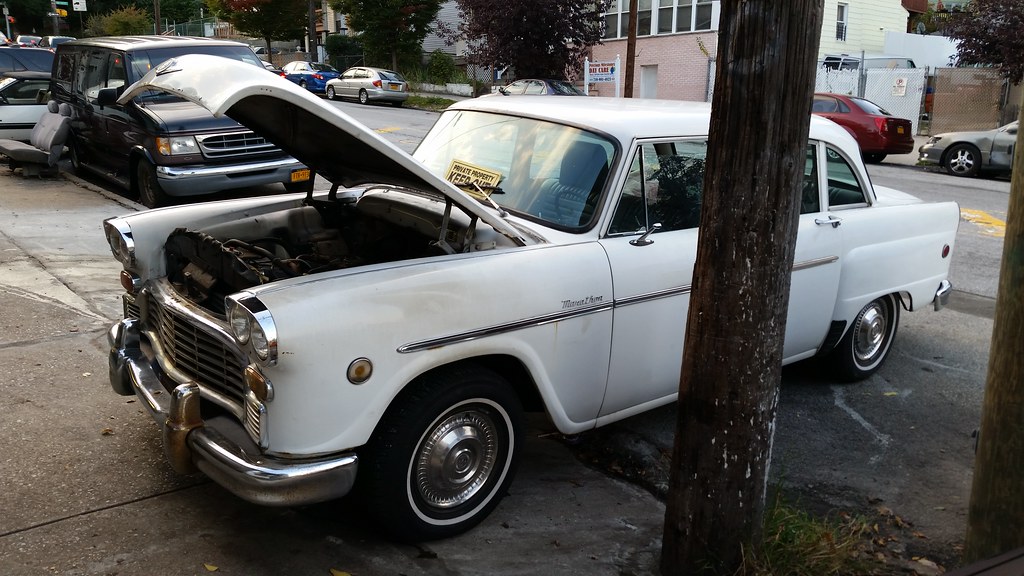
These cars, painted a different color, were once a common sight on the streets of New York.
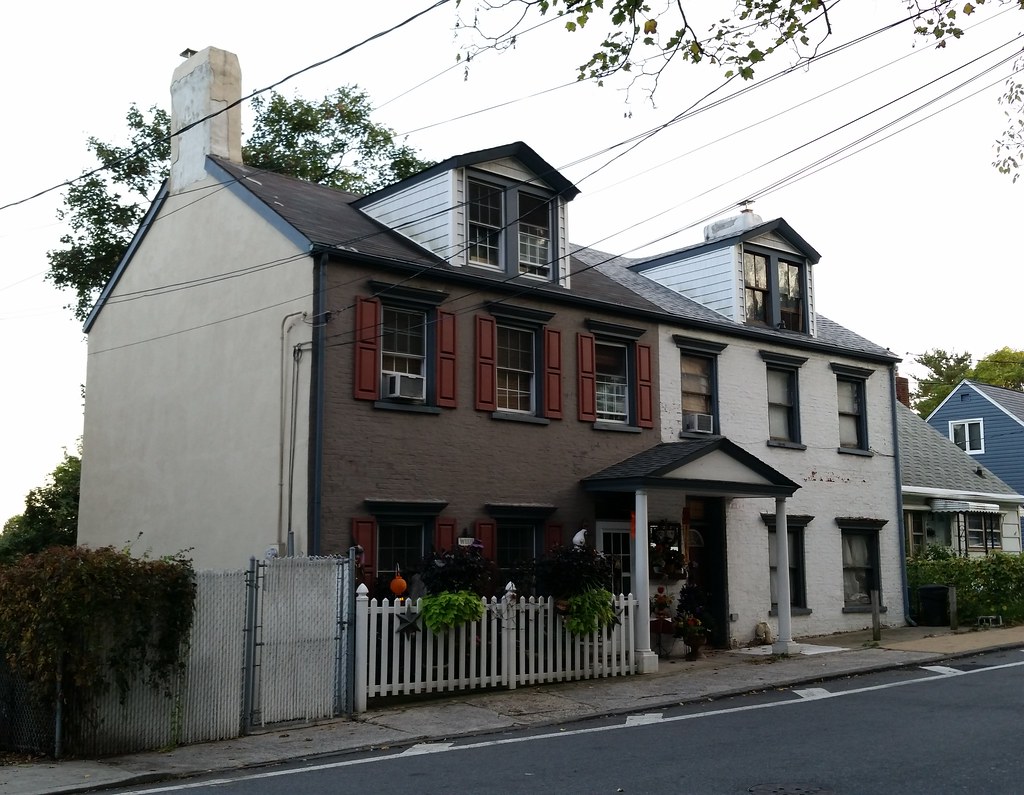
You can find some info on these old-timers (and other Van Duzer structures as well) here.

We've previously seen the rear of these buildings from a block away on Targee Street.
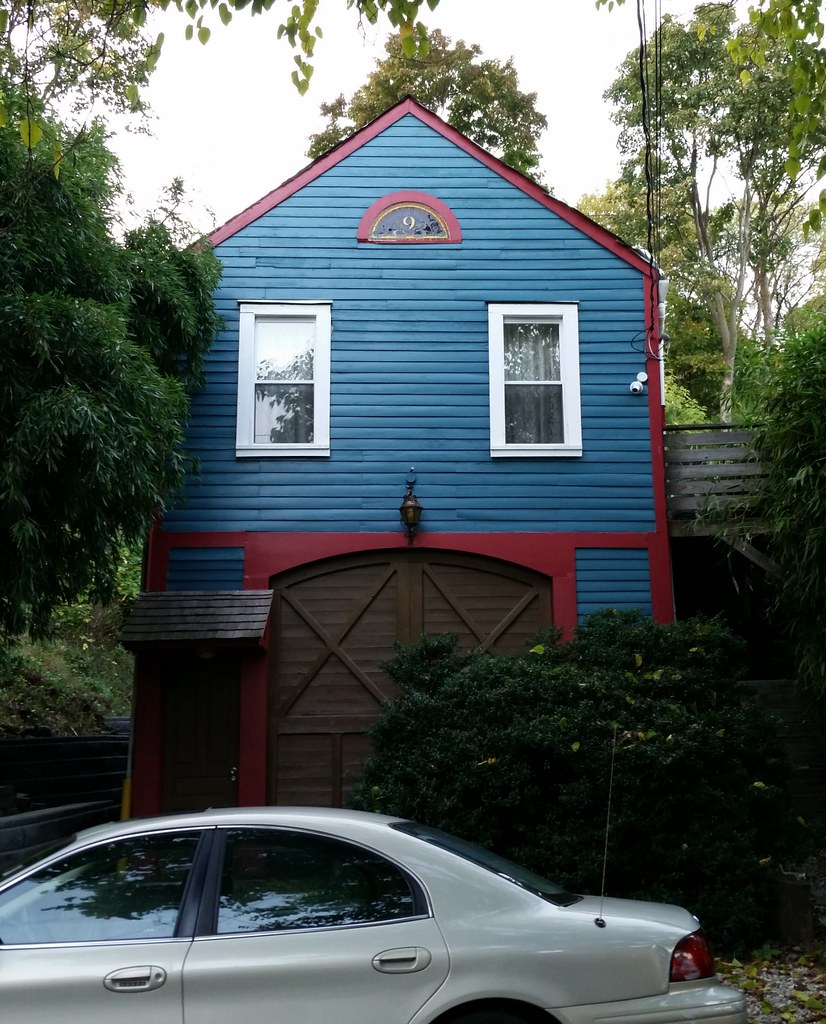
This residence was originally the Robinson Hose Company 9 firehouse (as indicated by the semicircular window up in the gable). The company, part of the volunteer Edgewater Fire Department, was established in 1880, moved here in either 1889 or 1895, and was disbanded in 1905 when the FDNY took over firefighting duties in the area. As a hose company, it "used a hand-pulled hose wagon and relied on hydrant pressure until an engine company arrived at fires."

This very steep and narrow passageway is closed to through traffic by both the DOT (bollard) and Mother Nature (tree).
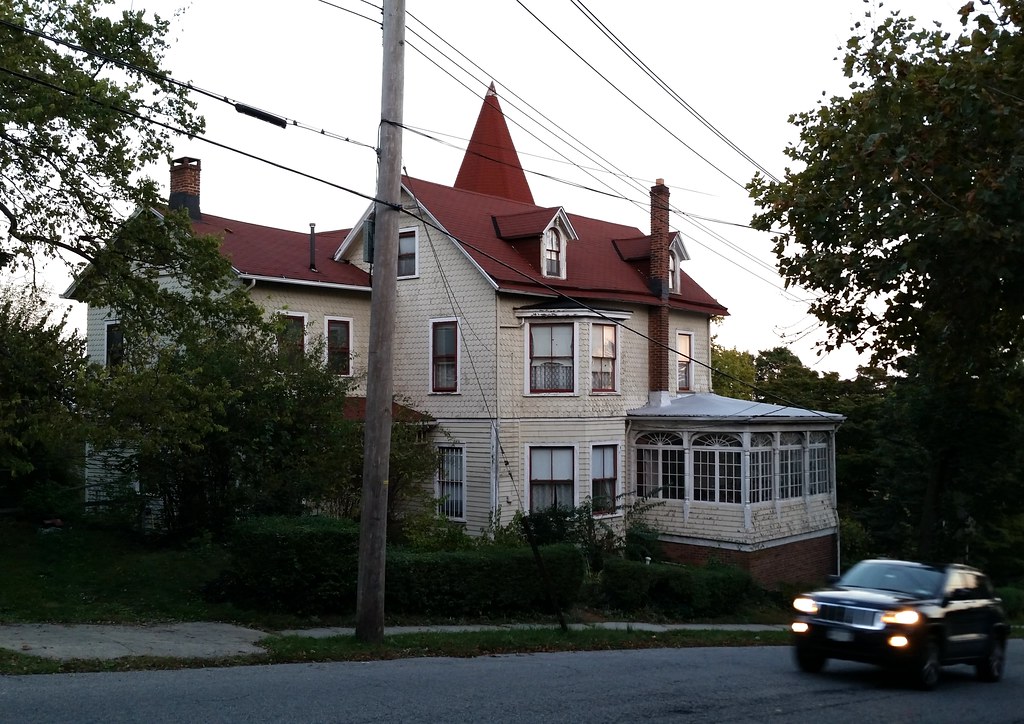
"This house appears to be the result of several building campaigns starting with a frame, Gothic Revival-style house constructed c.1855-59 by Charles F.E. and Bernhardine Sudendorf, and continuing in the late-nineteenth century with Queen Anne-style additions by owner Louise Pommer, and in the early twentieth century with Colonial Revival-style enhancements by owner George W. Stake."
Here's a great view of the front of the house.

This house, "the undisputed . . . star among nearly a hundred handsome Victorian dwellings in the Stapleton area", was given by "a German-born beer baron named George Bechtel, who was said to be the richest man on Staten Island," to his daughter as a wedding present in 1888. On screen, it has served as the home of Chalky White in the HBO series Boardwalk Empire. You can see a slew of photos of this gorgeous house and its ornate interior, which features a surprising number of stained-glass windows, in this audio slide show.

Check it out in Street View. I snapped this photo on a brief stroll in northern Long Island City today.

A little tribute to the Sinclair Dinoland exhibit at the 1964-65 World's Fair here in Flushing Meadows Park

This bridge crosses a remaining section of Flushing Creek and provides access to the boathouse on Meadow Lake, a survivor from the 1939-40 World's Fair.

Someone hath absconded with the bark nuggets at Mount Hebron Cemetery.

A detailed nature scene on the door of a mausoleum. Check out this distinct but very similar design I found on another mausoleum here at Mount Hebron Cemetery.

Sometime around 1988, Barbra Streisand built this mausoleum at Mount Hebron Cemetery as her future resting place. Her mother Diana was subsequently interred here*; her father Emanuel, who was long dead at the time of the mausoleum's construction, is buried elsewhere in the cemetery*, although there is reportedly a plan to move him here at some point. An inscription on the door reads: "Designed by Sheldon J. Streisand in memory of his beloved father, Emanuel Streisand".
* According to interment records on the cemetery's website.

Interred here is Sam LeFrak, the prolific and bombastic builder of middle-income housing. Peeking inside the mausoleum, I spotted a collection of pamphlets for some real estate projects developed in recent years by the family company, now run by Sam's son Richard.

This section of Mount Hebron Cemetery features many former stars of Yiddish theater.

My grandparents! (My grandma was one of the famous Lee Sisters.)
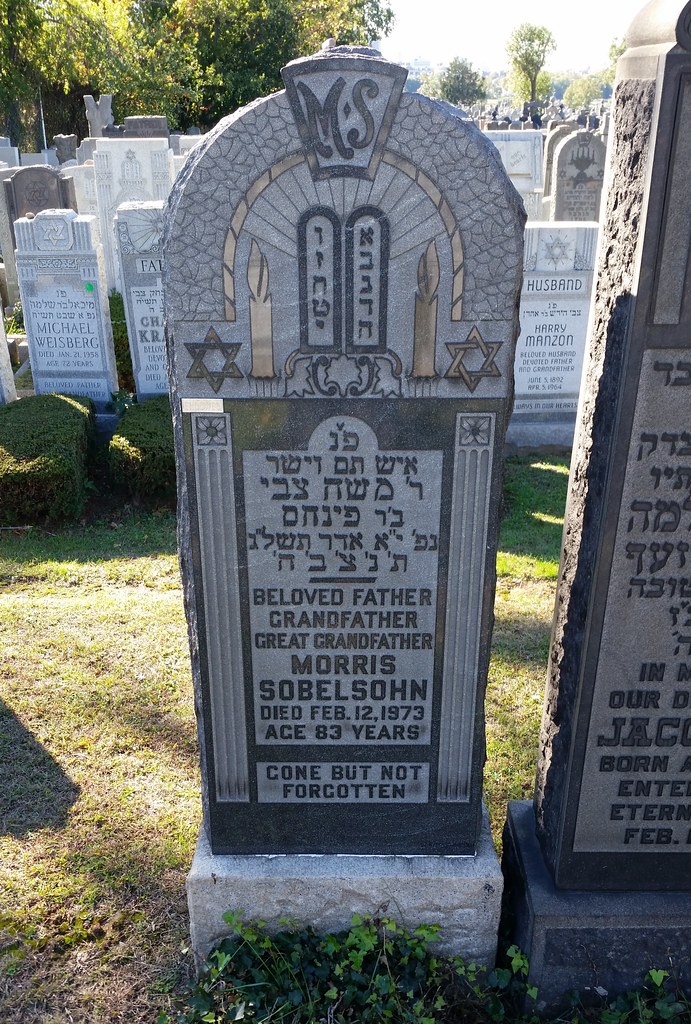
We previously caught sight of him from outside the cemetery fence.

at Cedar Grove Cemetery. Mount Hebron Cemetery was carved out of Cedar Grove in 1909 and now occupies about 80% of the original property. There are no physical barriers between the two intermingled cemeteries; the only distinction is that Cedar Grove is non-sectarian, while Mount Hebron is Jewish.

A sink and a two-handled cup for ritual hand washing at Mount Hebron Cemetery

This eye-catching sign for the William J. Burns International Detective Agency reads like something out of a (Wes Anderson?) movie.

at the Queens Botanical Garden. A plaque at the base of this tree sculpture reads: "A symbol of strength and renewal, this tree is dedicated to the victims and heroes of 9/11 and to the power of hope, healing, and community."

This is one of two blue Atlas cedars flanking the Queens Botanical Garden's tree sculpture entrance on Main Street. The trees have been part of the garden since its first incarnation as the Gardens on Parade exhibit at the 1939-40 World's Fair. When the garden moved to its current site to make way for the 1964-65 World's Fair, the trees moved with it.

This structure, officially known as the Benjamin S. Rosenthal Post Office Building (it was renamed for a former congressman whose district office was located in the building), looks like it's in better shape than it was a year ago.
According to its listing on the National Register of Historic Places:
The building is the most distinguished of the Colonial Revival post offices erected in New York City during the 1930s, one of the most prolific periods of post office construction in the nation’s history. . . .
In addition to its architectural significance, the Flushing Post Office contains an artistically significant mural which runs around the entire lobby. This mural was commissioned by the Public Works of Art [Project] from Vincent Aderente and executed in 1933-4.




